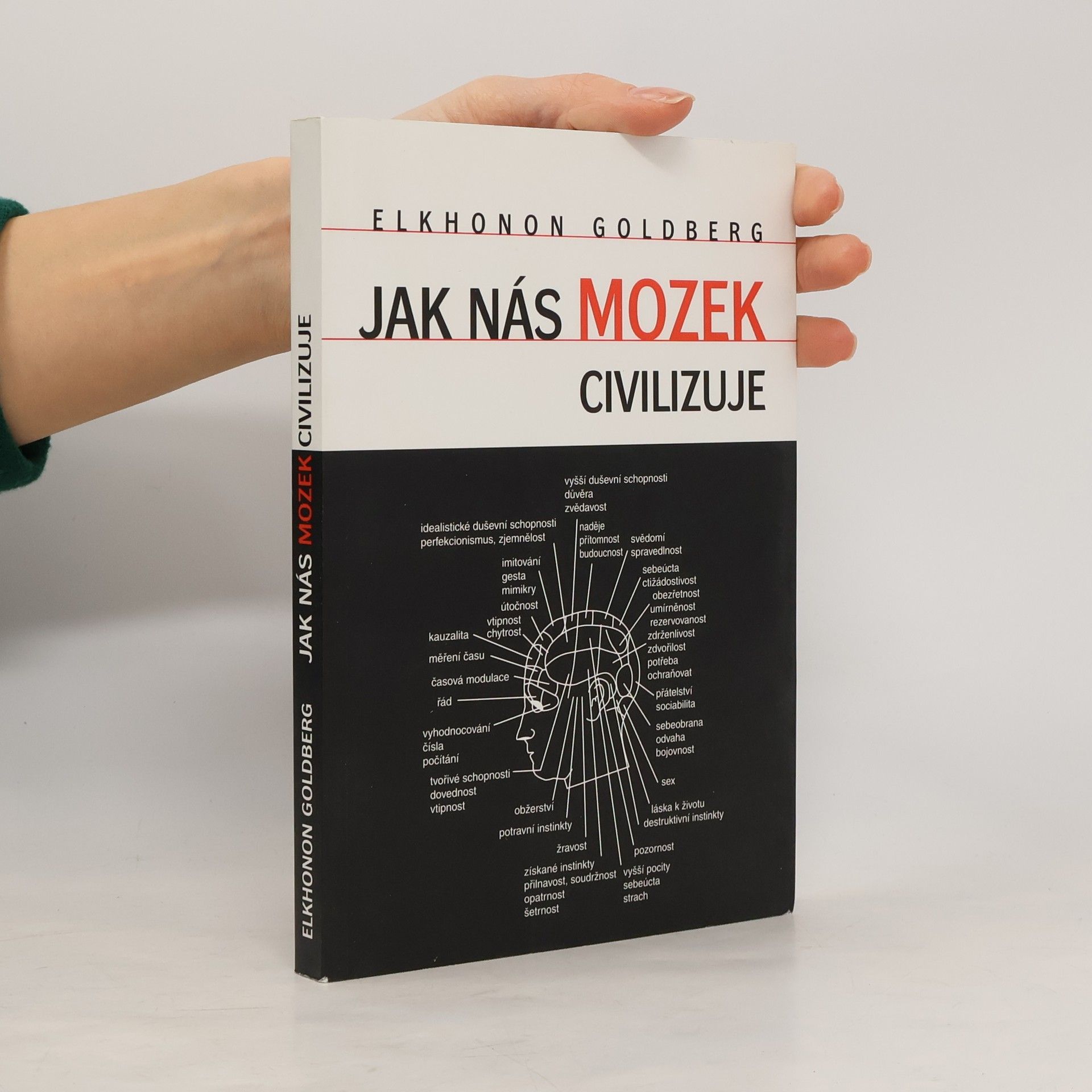Monika Niehaus-Osterloh, Diplom in Biologie, Promotion in Neuro- und Sinnesphysiologie, ist freiberuflich als Autorin, Journalistin und naturwissenschaftliche Übersetzerin (englisch/französisch) tätig. 2021 wurde sie mit dem Martin-Wieland-Übersetzerpreises ausgezeichnet.
Elkhonon Goldberg Bücher
Elkhonon Goldberg ist ein renommierter Autor, dessen Werk sich mit den komplexen Bereichen der Neuropsychologie und kognitiven Neurowissenschaften befasst. Seine Forschung untersucht maßgeblich die Hemisphärenspezialisierung und die Theorie der „Neuheit-Routinisierung“. Goldbergs Ansatz zum Verständnis des Gehirns wird durch seine umfangreichen Studien und seine klinische Praxis geprägt und bietet den Lesern eine einzigartige Perspektive auf die Komplexität der menschlichen Kognition. Seine Schriften werden für ihre intellektuelle Tiefe und ihre Fähigkeit geschätzt, zu beleuchten, wie das Gehirn Informationen verarbeitet und auf neue Reize reagiert.

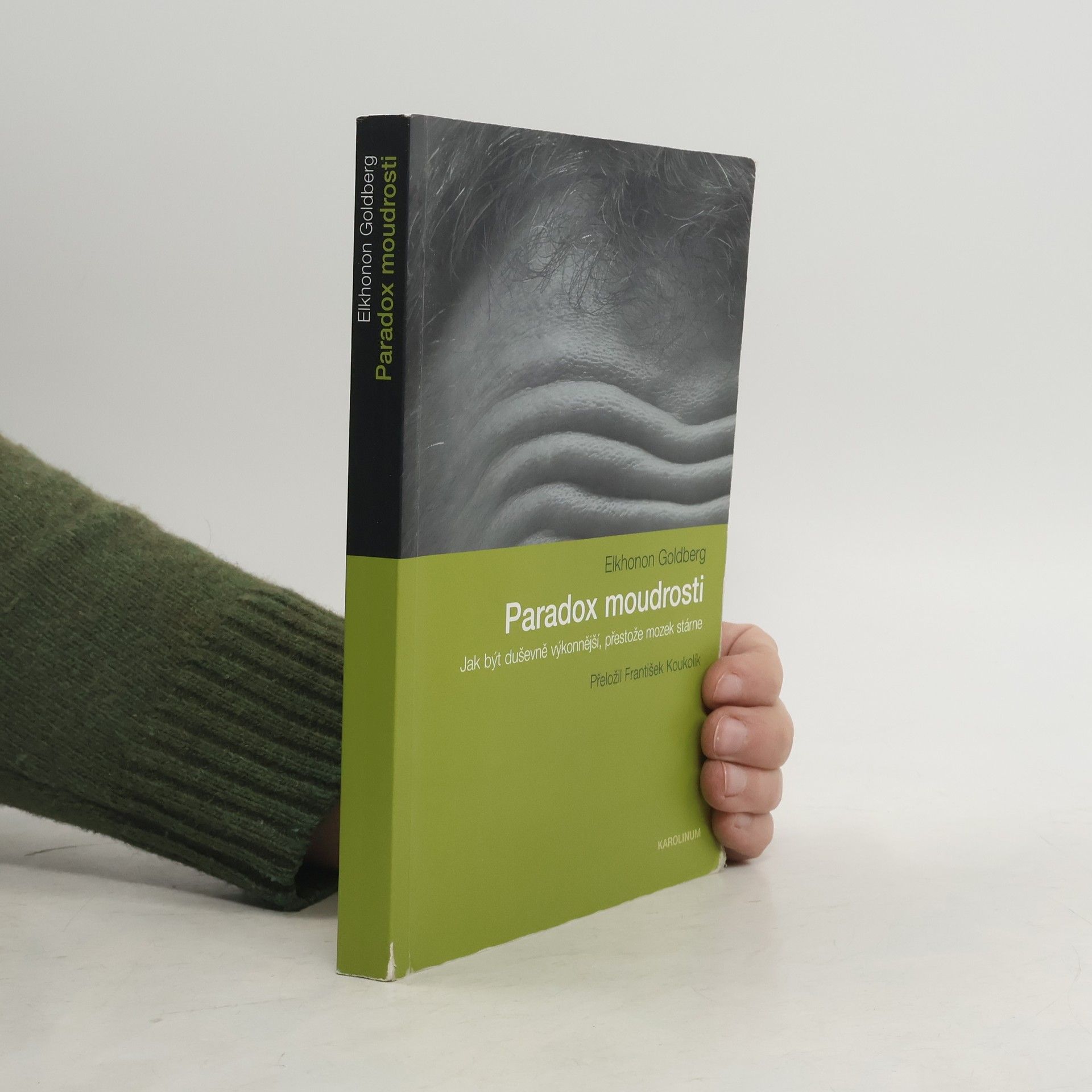
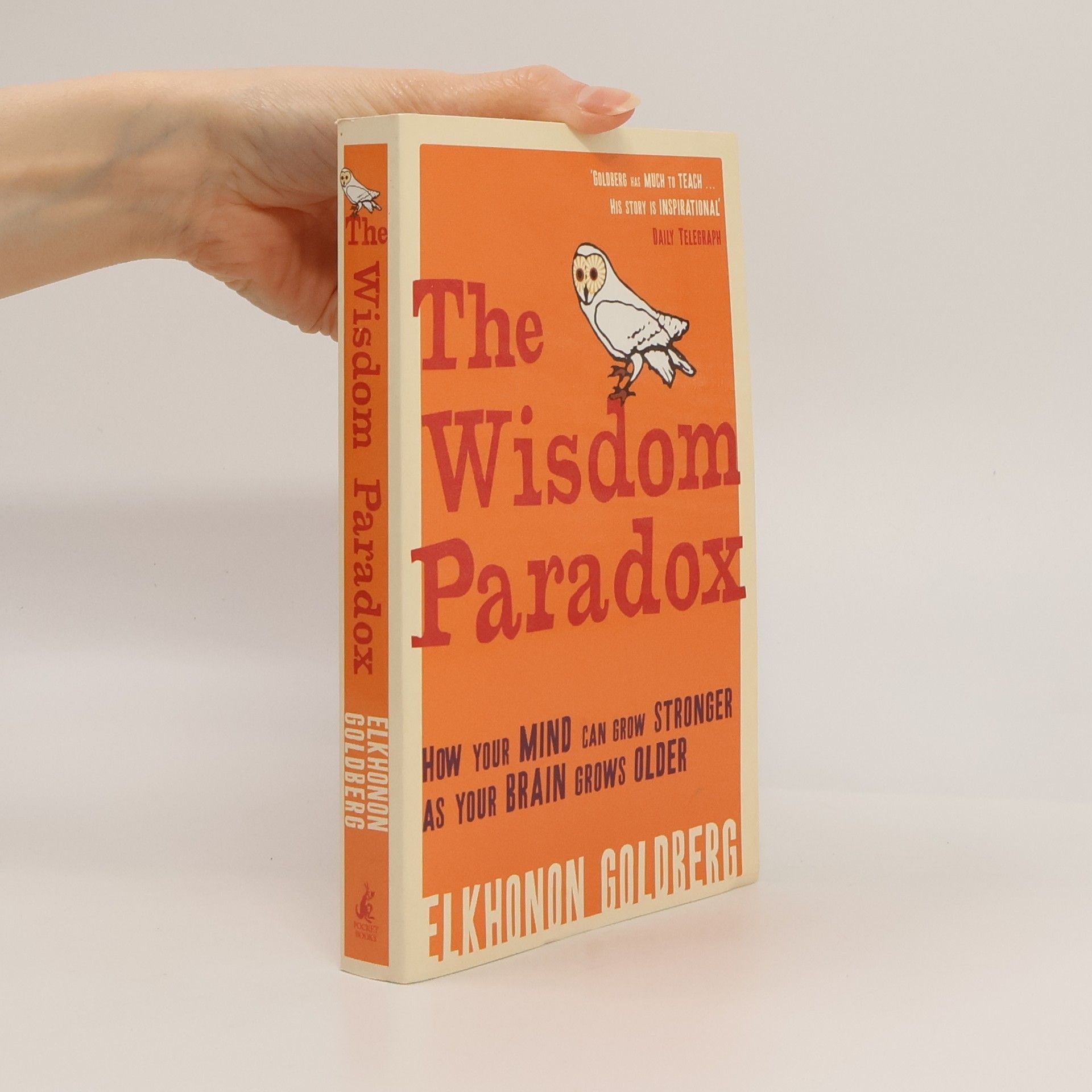
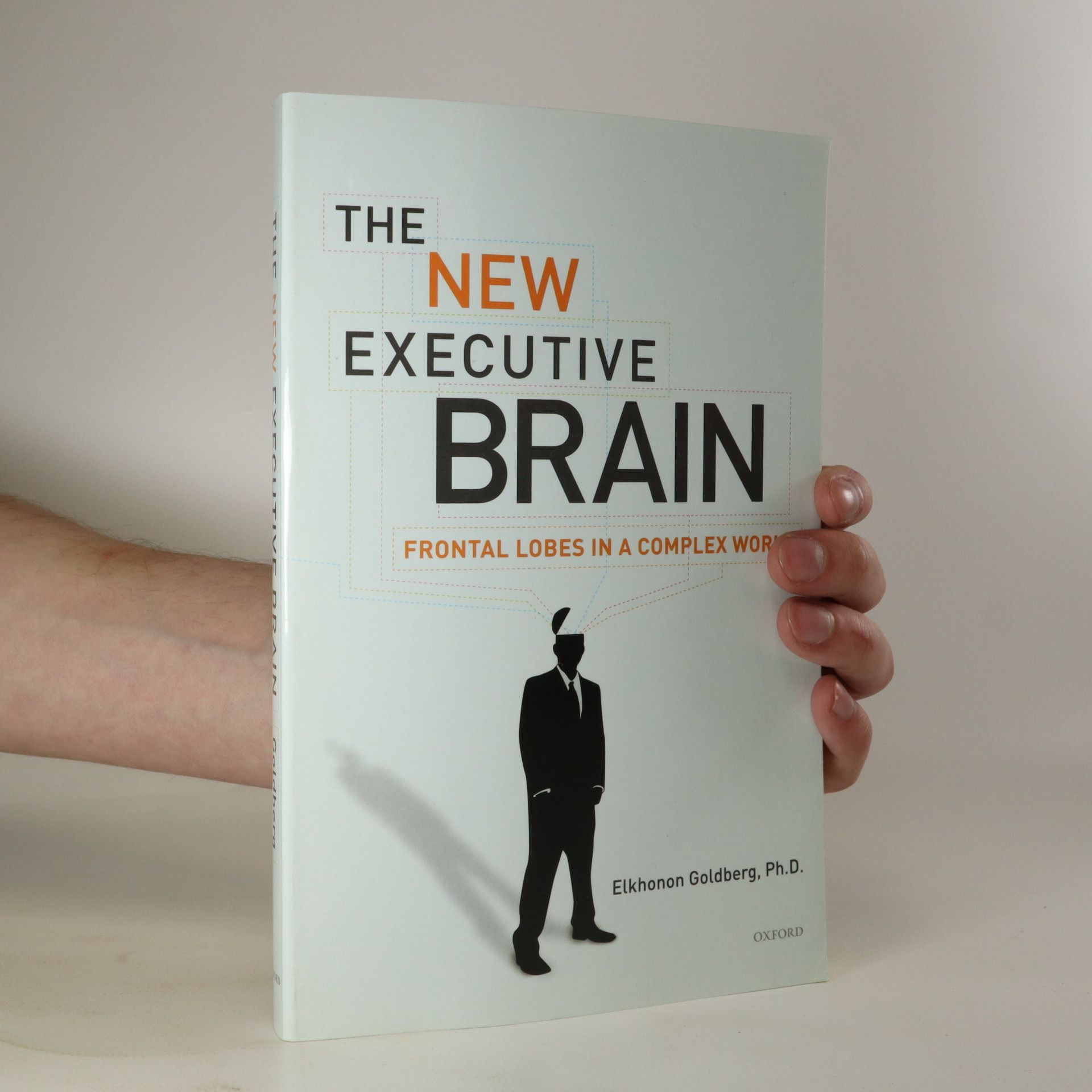
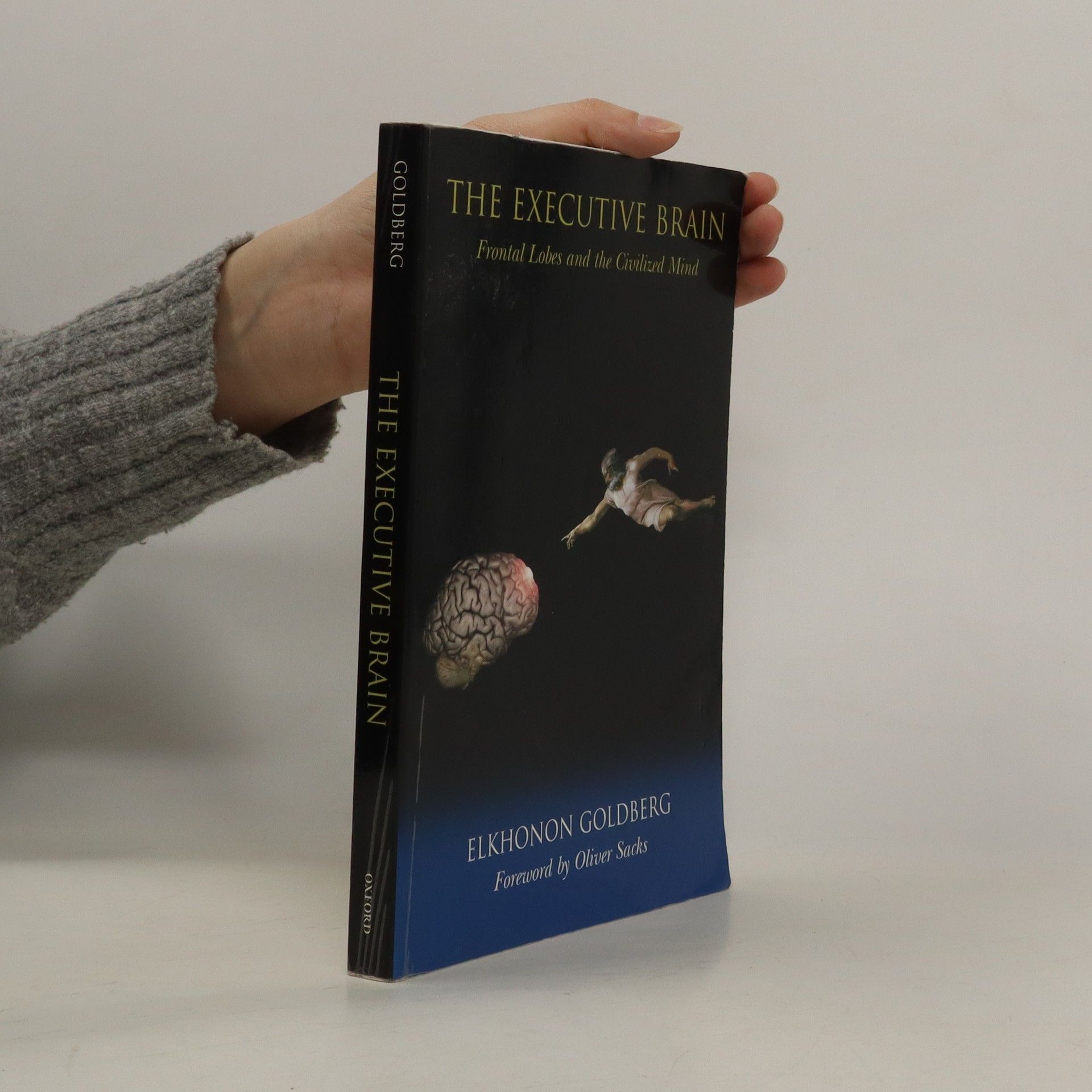
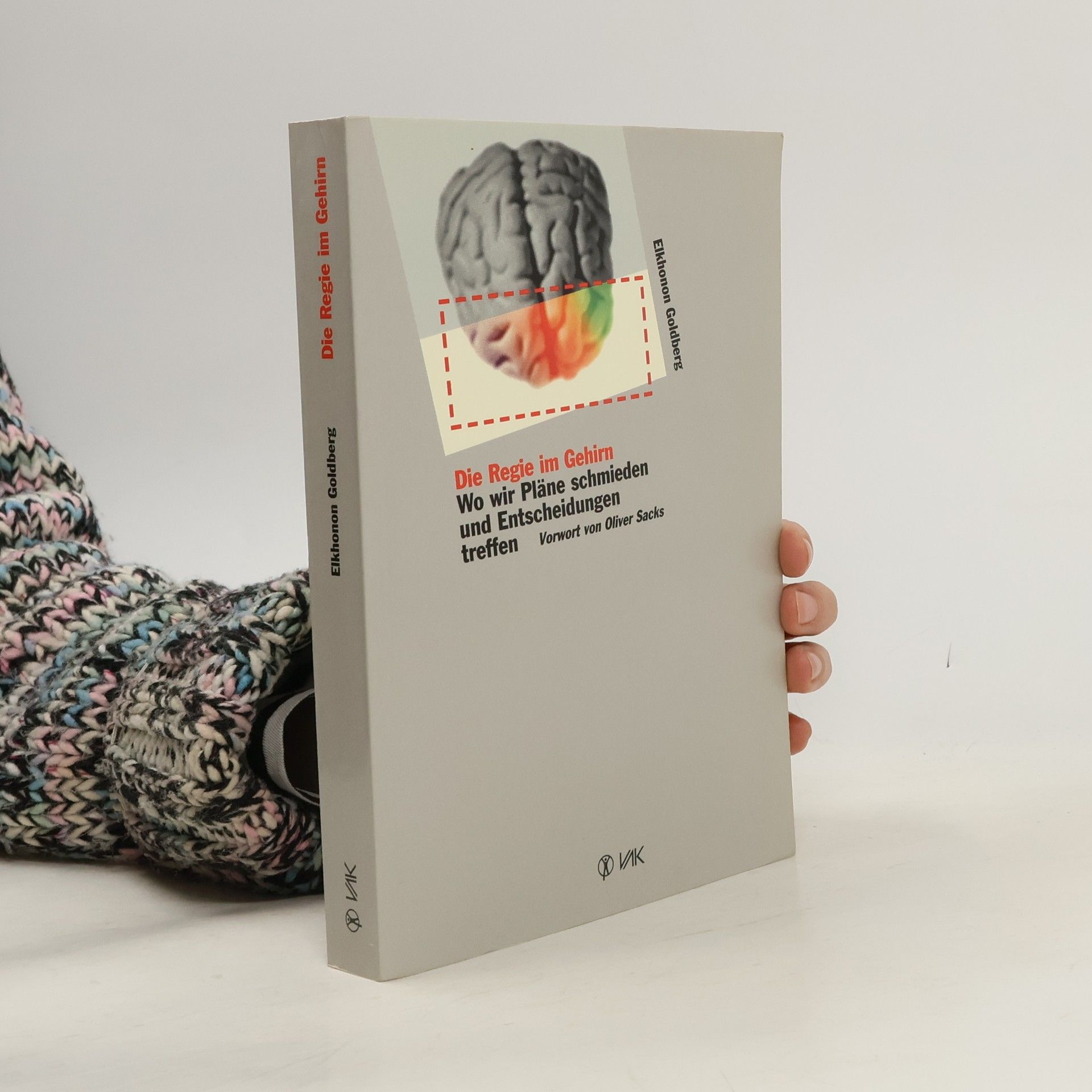

Die Regie im Gehirn
- 340 Seiten
- 12 Lesestunden
Pläne schmieden, Strategien entwickeln, Hindernisse einkalkulieren und mit klug ausgewählten Mitteln aufs Ziel zugehen: Ohne die Frontallappen wäre der Mensch dazu nicht fähig. Als einziges Lebewesen verfügt er über diese großartige Gehirnstruktur, die all seine Handlungen koordiniert. Die vielfältigen Aufgaben der Frontallappen sind mit denen eines Regisseurs vergleichbar. Elkhonon Goldberg vergleicht sie in diesem Buch auch mit einem Dirigenten, der das „Orchester des Gehirns“ zum harmonischen Zusammenspiel bringen muss. Ein international anerkannter Experte unternimmt hier den Versuch, in allgemein verständlicher Form über die Funktionen des Gehirns und insbesondere über die der Frontallappen zu informieren. Mit anregenden Anekdoten und spannenden Fallbeispielen erklärt Goldberg aktuelle Erkenntnisse aus der Gehirn- und Kognitionsforschung. Selbst seinen eigenen Lebensweg nimmt er als Beispiel, um die Bedeutung der Frontallappen für unser Tun und Denken aufzuzeigen.
Made up of fascinating histories and anecdotes, Goldberg's book offers a panorama of state-of-the-art ideas and advances in cognitive neuroscience to show the importance of the human brain's frontal lobes. 3 halftones. Illustrations & graphs.
The new executive brain. Frontal lobes in a complex world
- 334 Seiten
- 12 Lesestunden
Elkhonon Goldberg's new book presents innovative ideas about the brain-mind relationship, expanding on his earlier work. He offers a broad overview of contemporary cognitive neuroscience and neuropsychology, moving beyond just the frontal lobes. By integrating the latest discoveries with compelling case studies and anecdotes, Goldberg examines complex decision-making, handling novelty and ambiguity, and moral choices, while challenging established beliefs. For instance, while the left hemisphere is traditionally viewed as the center of language, Goldberg posits that language may not be its primary function, noting that apes, which lack language, still exhibit asymmetric hemispheric development. He also highlights the intricate interplay between the frontal lobes and the amygdala, illustrating how this dynamic influences emotions as conscious thoughts confront automatic impulses. A personal anecdote about his struggle to pick up a harmless baby alligator exemplifies this interaction. Through this work, Goldberg solidifies his reputation as a leading scientist, delivering clear writing and transformative ideas that invite readers to rethink their understanding of the brain.
A fascinating and provocative look at how new research is highlighting the powers of the ageing mind.
Publikace určená odborníkům i širší veřejnosti pojednává o tom, že stárnutí mozku nemusí nutně znamenat pokles mentální výkonnosti. Tomuto problému se věnuje v řadě rovin - historické, kulturní, psychologické a neurologické a doplňuje je příklady ze života historických osobností. Zabývá se funkcemi obou hemisfér a oproti dosavadnímu tvrzení zdůrazňuje nový vědecký poznatek, že i mozkové buňky se obnovují. V závěru přináší kniha nápady, s jejichž pomocí lze stárnutí mozku zpomalit či dokonce potlačit.
Kniha amerického neuropsychologa, žáka Alexandra Luriji, se věnuje řídicím funkcím lidského mozku. Po stručném popisu základní stavby a funkcí mozku se autor zabývá významem správného fungování čelních laloků a charakterizuje následky jejich poškození pro lidské chování. Velmi čtivé a srozumitelné podání výkladu, ilustrovaného řadou příkladů, zpřístupňuje tuto problematiku i laickému čtenáři. (čelní laloky a řídící funkce mozku)
De wijsheidsparadox
Hoe het verstand groeit terwijl de hersenen ouder worden - druk 2
- 352 Seiten
- 13 Lesestunden
Populair-wetenschappelijke beschrijving van de werking van de hersenen, met name bij het ouder worden, waarin ervoor wordt gepleit dat de hersenen dan eerder verbeteren dan verslechteren.
